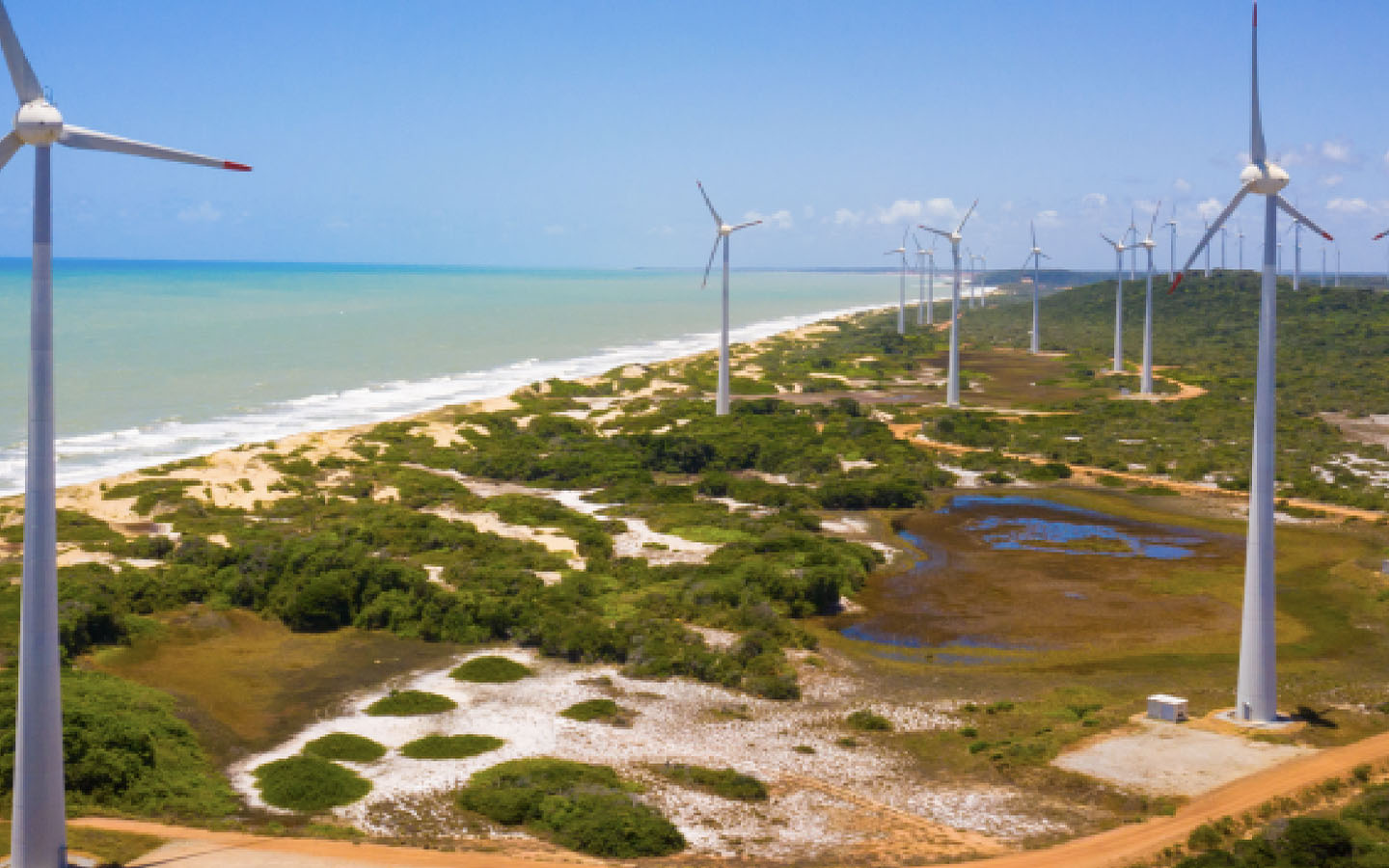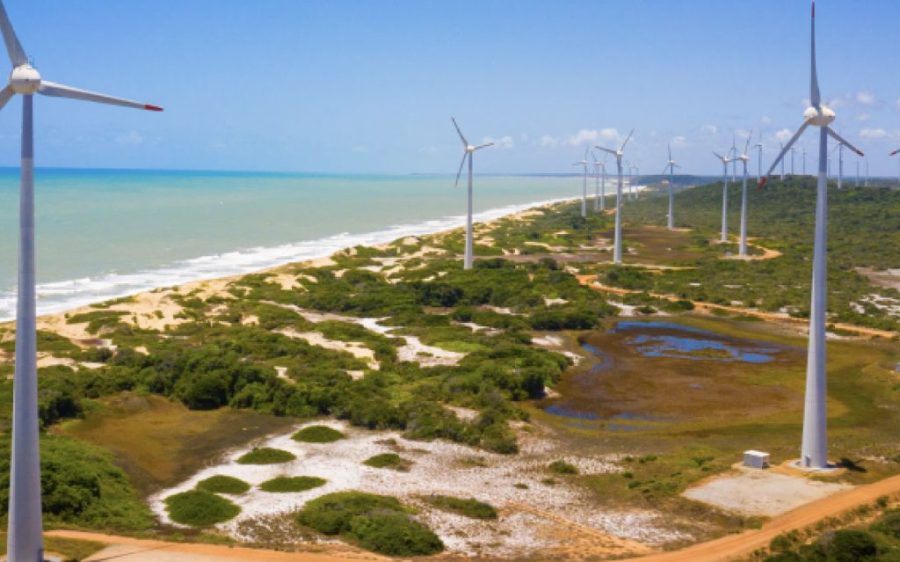Two new large-scale solar parks in Brazil began operations this week, marking the entry of Chinese electricity producer State Power Investment Corporation (SPIC) into the Brazilian solar sector as the company also announced a 780 million reais (US$147.41 million) investment in two wind farms in the country.
Located in the northeastern state of Rio Grande do Norte, the two wind farms will have a combined installed capacity of 105.4 megawatts. Construction is expected to begin in January 2025 with the farms coming online the following year. The newly inaugurated solar parks, in the neighbouring states of Piaui and Ceara, have a combined capacity of 738 megawatts-peak (the maximum output under ideal conditions).
SPIC, according to the CEO of its Brazilian unit, Adriana Waltrick, is diversifying its portfolio with the aim of becoming one of Brazil’s top three energy generators. “These projects demonstrate the appetite we have for Brazil and for renewable energy sources.”
[See more: China Development Bank issues credit line for environmental projects in Brazil]
SPIC purchased a 70 percent stake in the 2-billion-reai Piaui and Ceara plants in 2022 when they were still under development by Recurrent Energy. Formerly Canadian Solar, Recurrent remains a shareholder and operator on the projects. Around 65 percent of the energy has already been sold under long-term contracts with the remaining 35 percent available to be negotiated under short-term deals.
Brazil is considered a priority market for SPIC, which has around 3,800 megawatts of installed capacity in the country. It has its eye on energy auctions planned for this year and has expressed interest in possible bids for new hydroelectric plants, should the government opt for such projects.
SPIC’s projects in Brazil also include studies into the production of green hydrogen in association with offshore wind turbines. Unlike grey hydrogen, which is derived from fossil fuels without carbon capture, green hydrogen is produced sustainably to serve sectors such as heavy industry and long-distance transport that would be difficult or impossible to decarbonise through more traditional means.






